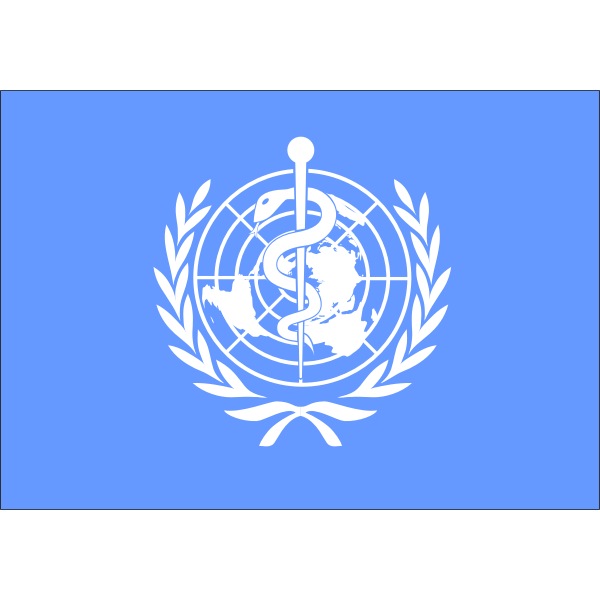In one of my recent articles on the COVID-19 pandemic, I stated that one important lesson to be learned and applied was the need for a stronger and more empowered World Health Organization (WHO). I was already preparing to expand on that in this article, when I saw the news on President Trump saying he was considering putting a hold on WHO funding.
President Trump has criticized the WHO’s role during the course of this pandemic, and opinions are divided on this issue. The truth appears to be that this would not be the first time the WHO has come under criticism on its performance in the past.
So who is the WHO? (Excuse the homonym.) The WHO is a specialized agency of the United Nations, established in 1948, for the purpose of directing and coordinating efforts promoting good health for the people of all member nations. A lofty goal, to be sure.
A thorough discussion of the history of the WHO, its functions, structure, challenges, and other issues is beyond the scope of this article. Suffice it say that the WHO, as a global, multi-national entity, is funded by dues from member nations, as well as voluntary contributions from other sources. It operates as described by its Constitution, which establishes the agency’s governing structure, principles, and functions.
Among the commonly accepted challenges faced by the WHO are the following:
- An overcommitted and overextended agenda.
- Insufficient funding, not commensurate with its structure, agenda, and operating costs.
- A significant percentage of funding from public-private partnerships (PPPs) and other private entities, as compared to dues from member nations.
When I wrote about the lessons to be learned from the pandemic, a stronger, more empowered WHO was number one on a list of four. But frankly, the other three could very well be functions and responsibilities of an empowered WHO.
Pandemics have been with us for a vast portion of human history. In the past, mankind could do little but let them run their course. The technology, communications, and medical advancements of today did not exist, so there was little resistance to a virus spreading through populations and across borders. One can only imagine the horror and powerlessness felt by people living during the times of the Bubonic Plague in the 1300’s, and the Spanish Flu of 1918-19.
But for us to be living through the COVID-19 pandemic, with the ever-increasing death toll, and its devastating impact on lives and economies across the globe in 2020, well… it’s unimaginable and, in my very personal opinion… needless.
Which brings me back to the WHO. The principle behind the origin of the WHO was a good one. Having a global entity looking out for the health of every person on Earth. A specialized agency of the United Nations, to ensure applicability to, and participation from all nations. But what was appropriate in 1948 is probably in dire need of a complete overhaul in 2020.
Today’s WHO needs to be a streamlined, financially sustainable organization with no obligations to specific funding donors. Its Constitution should reflect the world we live in today, with all the technological, communications, and medical advancements that exist. Member nations need to be encouraged to provide the funding necessary for the organization to effectively carry out its goals.
Although the WHO cannot force its opinions and methodologies on individual nations, it should certainly be capable of (and responsible for) the protection of countries from the spread of future pandemics, providing clear and meaningful direction. The WHO should be able to exert certain authority. The lessons of COVID-19 should be clear enough.
One might be able to excuse the pandemics of past centuries as unavoidable. But for mankind to allow another pandemic of this nature by ignoring the lessons of the current one is inexcusable.
